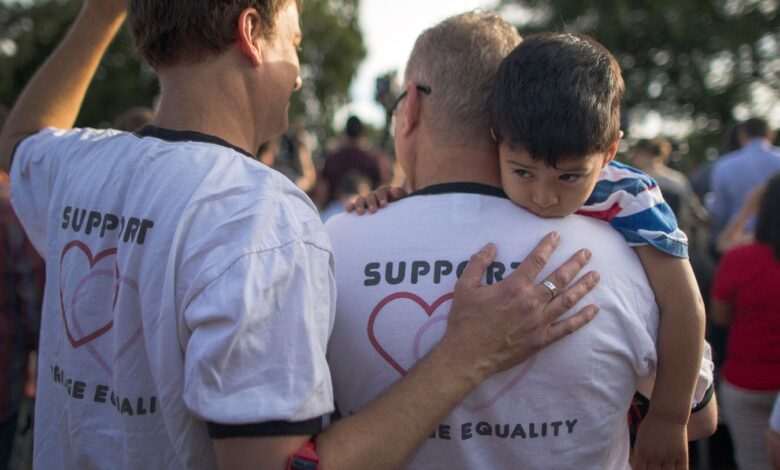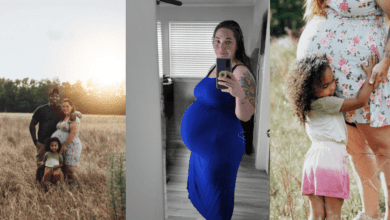The Supreme Court’s Ruling On Same-Sex Marriage Opens Up The Surrogacy Market

Family Source Consultants, located in Illinois, is one of the leading surrogacy agencies in North America. Staci Swiderski and Zara Griswold founded the agency in 2007, inspired by their deep knowledge of the process. Staci completed her family through surrogacy and was an egg donor twice, and Zara built her family through surrogacy with the help of an egg donor. In fact, 75% of Family Source Consultants employees have become surrogates, egg donors or intended parents – which is one of the things that makes their agency unique.
Family Source Consultants are known for working with non-traditional, gay and lesbian couples, as well as individuals of all races, religions and ethnic backgrounds. I interviewed them to find out how the surrogacy market is changing, and what same-sex families can expect from the Supreme Court’s new ruling in this area.
Kate: Two of your offices are in Illinois. Is it for legal reasons?
Staci and Zara:We chose to base two of our offices in Illinois because it is one of the best states for surrogacy legal protection. According to United States Census data, there are currently over 34,000 same-sex couples in long-term relationships within the state, and 21% of them are raising children. Many of those same-sex couples chose to become parents through surrogacy or adoption. Illinois became the 16th state in the nation to recognize marriage equality in 2014, but provided equal adoption and surrogacy options to same-sex couples before that.
Kate: What are some of the unique challenges same-sex couples face when using a surrogate?
Staci and Zara: Surrogacy gives LGBT individuals the opportunity to have a family, but it is not an option available across the country.
The current legal landscape for surrogacy across the USA is not uniform, with surrogacy laws differing between States. In order for surrogates and intended parents to protect their legal rights – so the intended parents are the legal parents of the baby rather than the surrogate – the surrogate must give birth in a state where surrogacy is legal .
Kate: Which states are the best and worst in terms of surrogacy rights?
Staci and Zara: Some of the best states for surrogacy rights include Illinois, Florida, California, Nevada, Arkansas and Connecticut. Some of the worst states include New York, New Jersey (see yesterday’s article about Governor Chris Christie’s veto of an important Pro-LGBT Surrogacy Bill), Michigan, Washington and Nebraska.
Kate: Is the Supreme Court Ruling Changing the Legal Landscape?
Staci and Zara: In some states, the Gestational Surrogacy Act may say intended parents must be married, but thanks to a new Supreme Court decision legalizing same-sex marriage nationwide, more married same-sex couples should be able to protect their surrogacy parental rights in the future.
Kate: Are there other implications of the decision?
The LGBT community also has a barrier to being matched with surrogates who are open to carrying for them.
About half of our surrogate candidates typically do not want to be ‘matched’ with a same-sex or same-sex single intended parent. Or sometimes the surrogate himself is willing to carry for the intended parents, however, his wife or other family members do not approve.
Hopefully this will change as we move closer to equality and acceptance of decisions like the legalization of same-sex marriage.
Kate: How will the ruling help your business and industry?
We are already seeing more interest from same-sex couples since the Supreme Court’s landmark decision, including inquiries from newlyweds and same-sex couples. This may be because same-sex couples live in states where they would already have legal parents. right to a child born by surrogate if they are married. The decision may also provide a newfound sense of security and acceptance, which may lead to the desire to start a family.
We matched our first same-sex couples when we opened our doors in 2007. Our same-sex clientele has increased each year, and today approximately 50% of our clients are same-sex couples. We predict that this percentage will increase even more today with the new marriage decision.





